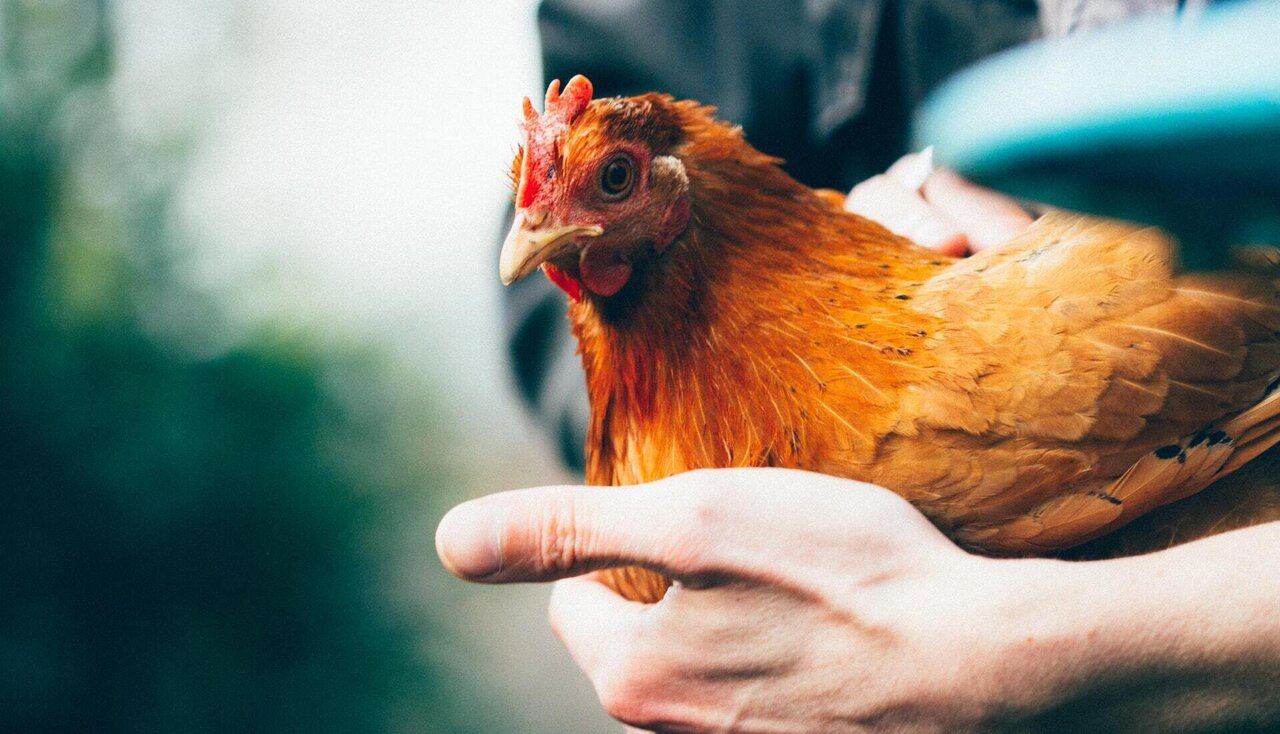The Difficulty in Sending Metta to Trump and Musk
In the fourth stage of metta bhavana – the Buddhist meditation practice aimed at cultivating metta (loving-kindness) – the focus is on directing goodwill towards a ‘difficult’ person. Normally, this difficult person is someone you are personally involved with, who is a source of tension, conflict, or emotional pain. But there are many ‘difficult’ people…
View Post



